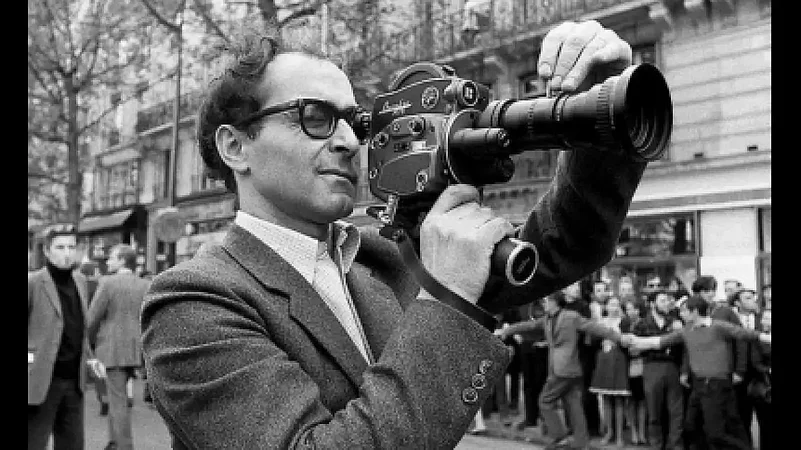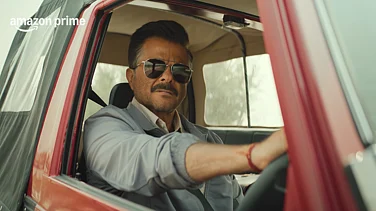Franco-Swiss director and New Wave standard-bearer Jean-Luc Godard, who revolutionised world cinema with his ground-breaking debut, 'Breathless', and never stopped pushing the envelope of his creativity, has died at 91, reports Variety.
The news was first reported in the French newspaper Liberation.
Although there hadn't been an official confirmation till midday in Paris, French President Emmanuel Macron paid tribute to Godard on social media with a message describing the auteur as "the most iconoclastic of New Wave filmmakers, who had invented a resolutely modern, intensely free art." He added: "We are losing a national treasure, a look of genius."
The prolific icon was not known to rest. Godard presented his last film 'The Image Book', a kaleidoscopic bulletin spanning 200 years of history, in competition at the Cannes Film Festival in 2018 and was celebrated with the Special Palme d'Or. Godard was also planning to adapt 'The Image Book' into an exhibit in Paris, Madrid, New York and Singapore before the pandemic hit, notes 'Variety'.
The Academy of Motion Picture Arts & Sciences awarded Godard an Honorary Oscar at a 2010 event. Godard didn't come to accept; it would have been surprising if he had (he was always the maverick outsider and Oscar is the ultimate symbol of the film establishment).
But at the event, several Academy of Motion Picture Arts and Sciences (AMPAS) governors spoke of the New Wave icon's influence, with scribe Phil Alden Robinson saying, "He didn't just break the rules, he ran them over with a stolen car," adding that, for good measure, Godard backed up the stolen car to make sure the rules were dead.
Others, according to Variety, pointed out that his use of long takes, jump-cuts and actors' asides to the camera all changed the filmmaking vocabulary. He once famously stated that every film needs a beginning, a middle and an end, but not necessarily in that order.






















